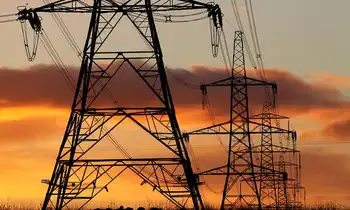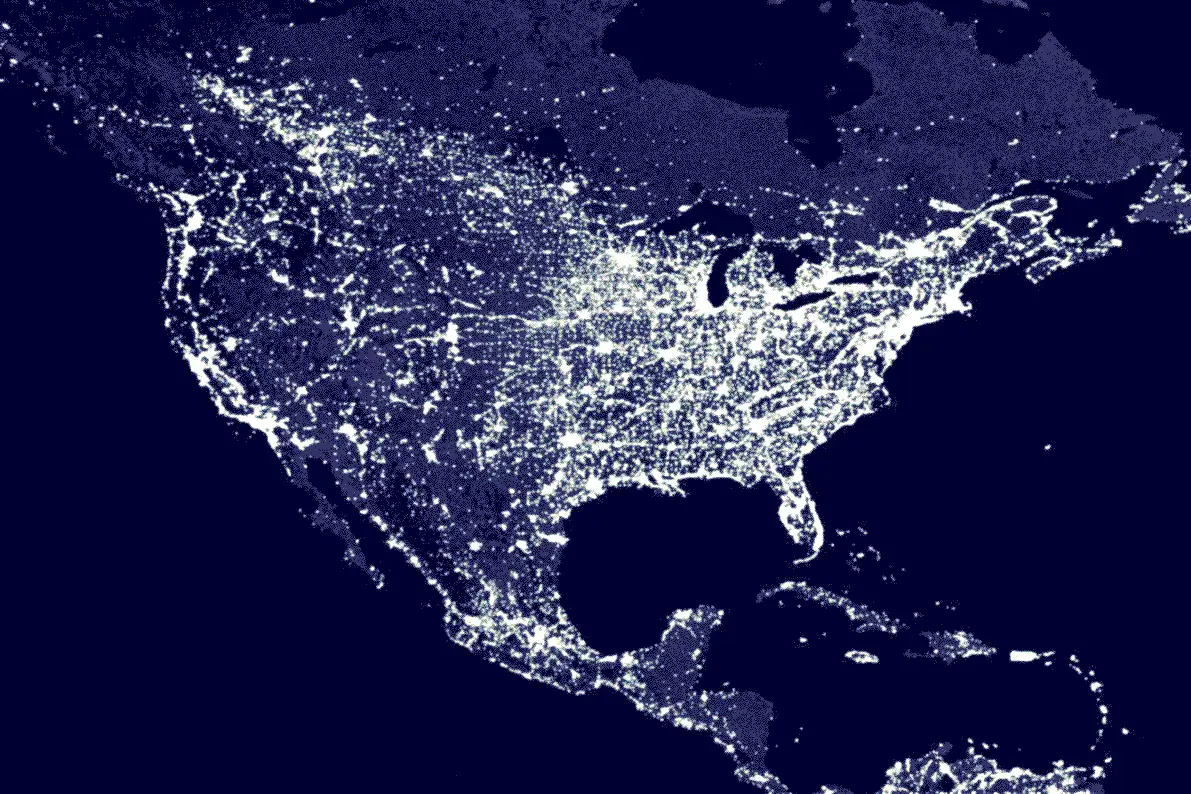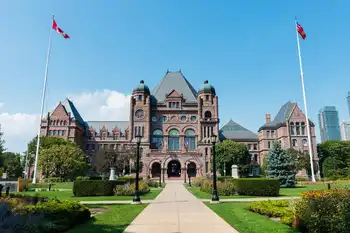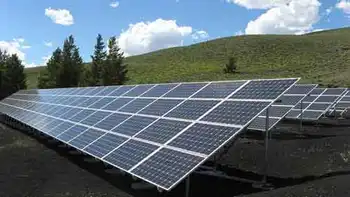Energy crisis cripples production, disrupts cities
President Rafael Correa warned the country was in for a long haul and faced power shortages that could last over several months. Critics have blamed the government for mismanagement and failing to prepare for the crisis as water levels in the reservoirs depleted during the summer.
Correa, facing rising discontent over the blackouts and rationing, called for "unity" among citizens and urged the people not to believe "demagogues" who blame the government.
The drought is the most severe in four decades and has affected the Paute River hydroelectric plant, the nation's largest.
Ecuador is the second Latin American nation, after Venezuela, to be hit hard by drought attributed by government experts to the El Nino phenomenon. The dipping water levels in the reservoirs at the country's hydroelectric dams brought power generation to a virtual halt, or very low volumes, hitting industries and urban areas.
The damage to Ecuador's economic growth is believed to run into tens of millions of dollars, analysts said. In the industrial areas, some factories were brought to a stop and most manufacturing plants and workshops received rationed power well below their normal needs.
Storage of perishables throughout the country has been undermined by the power cuts and has already resulted in severe financial losses for businesses and households.
Ecuador was hit hard in the late 1990s by the reverse of the current weather upheaval, as the country received vast amounts of rain, causing flooding, landslides and draining of nutrients from water that killed off marine life.
Ecuador's Electricity and Renewable Energy Minister Esteban Albornoz said the government expected to reduce rationing times for electricity transmissions. However, he said, suspension of supplies after normal work hours could still continue, raising questions about industries that depend on refrigeration or have to be on a 24-hour work schedule.
Ecuador negotiated with Peru to import about 1,200 megawatts of electricity per hour, and also persuaded Colombia to increase supplies.
Ecuador has faced criticism from neighbors, particularly Peru, for spending cash resources on military purchases while the economy is in dire need of new investments. Analysts said the power shortages are likely to increase pressure on Correa's government to review its recent arms purchases, including military hardware from Brazil. Ecuador says it needs the weapons because of heightened security precautions and rising tensions in the region.
Related News

Northvolt Affirms Continuation of EV Battery Plant Project Near Montreal
MONTREAL - Northvolt, a prominent player in the electric vehicle (EV) battery industry, has reaffirmed its commitment to proceed with its battery plant project near Montreal as originally planned. This development marks a significant step forward in Northvolt's expansion strategy and signals confidence in Canada's role in the global EV market.
The decision to move forward with the EV battery plant project near Montreal underscores Northvolt's strategic vision to establish a strong foothold in North America's burgeoning electric vehicle sector. The plant is poised to play a crucial role in meeting the growing demand for sustainable battery solutions as automakers…




